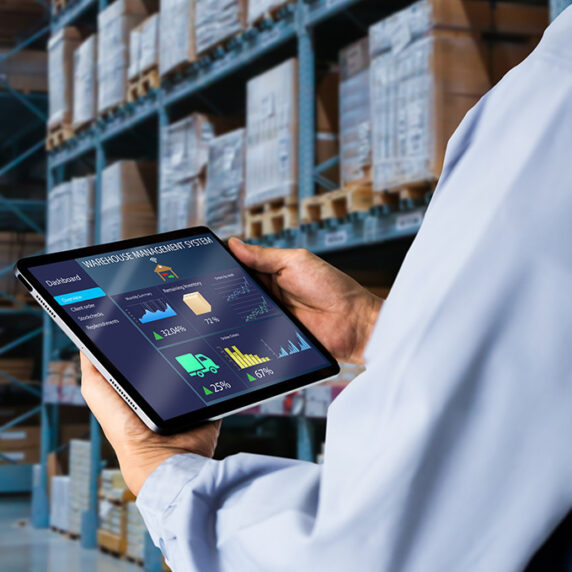ToolsGroup Announces Three New Machine Learning Applications to Improve Demand Forecasting and Supply Chain Planning Outcomes
New applications incorporate social sensing, weather, and enhanced new product introduction forecasting
Boston – Feb 15, 2017 – As part of its broader AI strategy, ToolsGroup announced today the availability of three new machine learning applications to improve demand forecasting and supply chain planning outcomes.
Through its continuous self-learning nature, machine learning is significantly improving the reliability of complex demand forecasting and supply chain planning processes that are governed by a large numbers of variables. The following new machine learning applications are all available now as enhancements to the ToolsGroup SO99+ “Powerfully Simple” supply chain planning platform:
Groover for social sensing – a new web and social listening system called “Groover” monitors social channels and gauges consumer sentiment to enhance Demand Sensing. For example, it can monitor and archive live Tweets on a specific product to sharpen the demand signal. It helps integrate live data streams that hold sentiment information with traditional sources like POS data. Groover can be used as an early indicator to improve forecast accuracy in other machine learning applications, such as new product introduction and trade promotion forecasting.
New Product Introduction (NPI) predicts the potential performance of a new product by analyzing early indicators and understanding product and market characteristics via machine learning. Given the lack of direct quantitative data, accurately forecasting the demand for a new product without a sales history can be a rather difficult problem. ToolsGroup’s NPI solution predicts new product performance and launch profiles by incorporating early data signals from web analytics, product attributes, market characteristics and social media sentiment.
External Data helps complement the demand forecasting model by identifying the effect of external events such as weather or macroeconomic data. This type of voluminous data can be very difficult to incorporate into a statistical forecast due to the high number of variables. ToolsGroup’s Machine Learning Engine solves this by being able to “crunch” enormous amounts of data, removing the need to make statistical assumptions, while employing advanced algorithms like “Deep Learning”. Instead, open the data feed and let the machine “understand” the impact on the demand baseline.
These three applications now join two previously released ToolsGroup machine learning supply chain planning applications.
Trade Promotions – recognizes shared characteristics of promotional events and identifies their effect on normal sales. It extracts knowledge about which variables most impact demand and reliably measures promotion uplift. Fast multi-dimensional modelling handles both qualitative and quantitative variables. It can also handle unstructured or partial data.
Complex Seasonality – Most demand planning software can factor in seasonality—like the fact that more ice cream is sold in summer than in winter. But sometimes seasonality can become so extreme or complex that it is not as well suited to normal regression analysis-based techniques. For instance, at one customer machine learning sifts through SKU-Locations to identify “clusters” of products with similar seasonality profiles, recognizing more than 200 “micro-climates” and their seasonal timing variations.
Bob Ferrari, supply chain industry analyst and social media technology influencer noted, “Within our 2017 Predictions for Industry and Global Supply Chains, we called for a renaissance in supply chain-focused business services and tech investments, including newer leveraged applications of machine learning. Back in 2011, ToolsGroup was one of the few providers ahead of the market when it announced its first machine learning tools. Now the market is waking up to machine learning’s ability to significantly enhance supply chain planning processes by applying it in areas such as social media messaging, new product introduction patterning, and weather related data.”
Jeff Bodenstab, VP Marketing, ToolsGroup commented, “Our core mission has always been to optimize supply chain planning but there comes a point where traditional models hit a wall and require human intervention. Machine learning bursts through that wall.”





